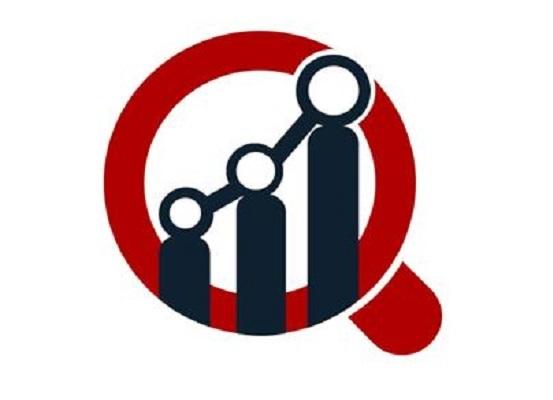Artificial Intelligence in Manufacturing: Transforming Productivity, Quality, and Operational Efficiency

Artificial Intelligence (AI) is rapidly reshaping the manufacturing landscape, driving a new era of intelligent automation, data-driven decision-making, and predictive operations. As industries push for higher productivity, reduced downtime, and improved product quality, AI-powered technologies are emerging as indispensable tools for modern manufacturing plants. From automotive and electronics to pharmaceuticals and consumer goods, manufacturers are increasingly adopting AI to streamline processes and gain a competitive edge.
One of the most impactful applications of AI in manufacturing is predictive maintenance. Traditionally, equipment failures led to costly downtime and production delays. With AI-driven predictive analytics, manufacturers can analyze real-time sensor data to identify early signs of machine wear or malfunction. By detecting anomalies before a breakdown occurs, companies can schedule maintenance proactively, extend equipment lifespan, and significantly cut operational costs. This shift from reactive to predictive maintenance is transforming factory floor efficiency.
AI is also enhancing quality control through advanced computer vision systems. High-resolution cameras combined with machine learning algorithms can inspect products with exceptional accuracy, detecting defects that human inspectors might miss. These automated inspection systems can analyze thousands of items per minute, ensuring consistent quality and reducing waste. In industries like semiconductor manufacturing and pharmaceuticals, where precision is critical, AI-powered quality assurance is becoming a standard practice.
Download PDF brochure https://www.marketsandmarkets.com/pdfdownloadNew.asp?id=72679105
Another major area of innovation is smart automation. Collaborative robots (cobots) equipped with AI can adapt to different tasks, learn from human operators, and work safely alongside employees. AI-driven robotic systems improve speed, flexibility, and accuracy in assembly, packaging, welding, and material handling. As factories move toward Industry 4.0, intelligent automation is enabling manufacturers to handle high-mix, low-volume production with ease.
AI is also revolutionizing supply chain operations. Through advanced demand forecasting, route optimization, and inventory planning, AI helps manufacturers manage disruptions and maintain smooth operations. Machine learning models analyze a range of variables — market trends, seasonal patterns, and supplier performance — to predict demand fluctuations. This enables manufacturers to optimize stock levels, reduce shortages, and improve delivery timelines.
In addition, the use of digital twins — virtual replicas of physical assets — has gained significant traction. AI-powered digital twins simulate production lines, machines, or entire factories, allowing manufacturers to test new processes, optimize workflows, and identify bottlenecks before implementing changes in the real world. This reduces risk, accelerates innovation, and enhances overall productivity.
AI is also improving worker safety. Smart cameras and computer vision models can detect unsafe behaviors, monitor compliance with safety protocols, and trigger real-time alerts. Wearable devices with AI-enabled sensors track worker fatigue and exposure to hazardous conditions, reducing accident risks on the shop floor.
Despite the vast opportunities, challenges remain. Manufacturers must address issues related to data privacy, cybersecurity, workforce reskilling, and the high upfront cost of AI integration. Many companies are investing in training programs to help workers adapt to new AI-driven environments.
As the manufacturing sector continues its digital transformation, AI stands at the center of innovation. With advancements in machine learning, robotics, and IoT, AI-driven manufacturing is expected to unlock unprecedented levels of efficiency, sustainability, and competitiveness in the coming years.



